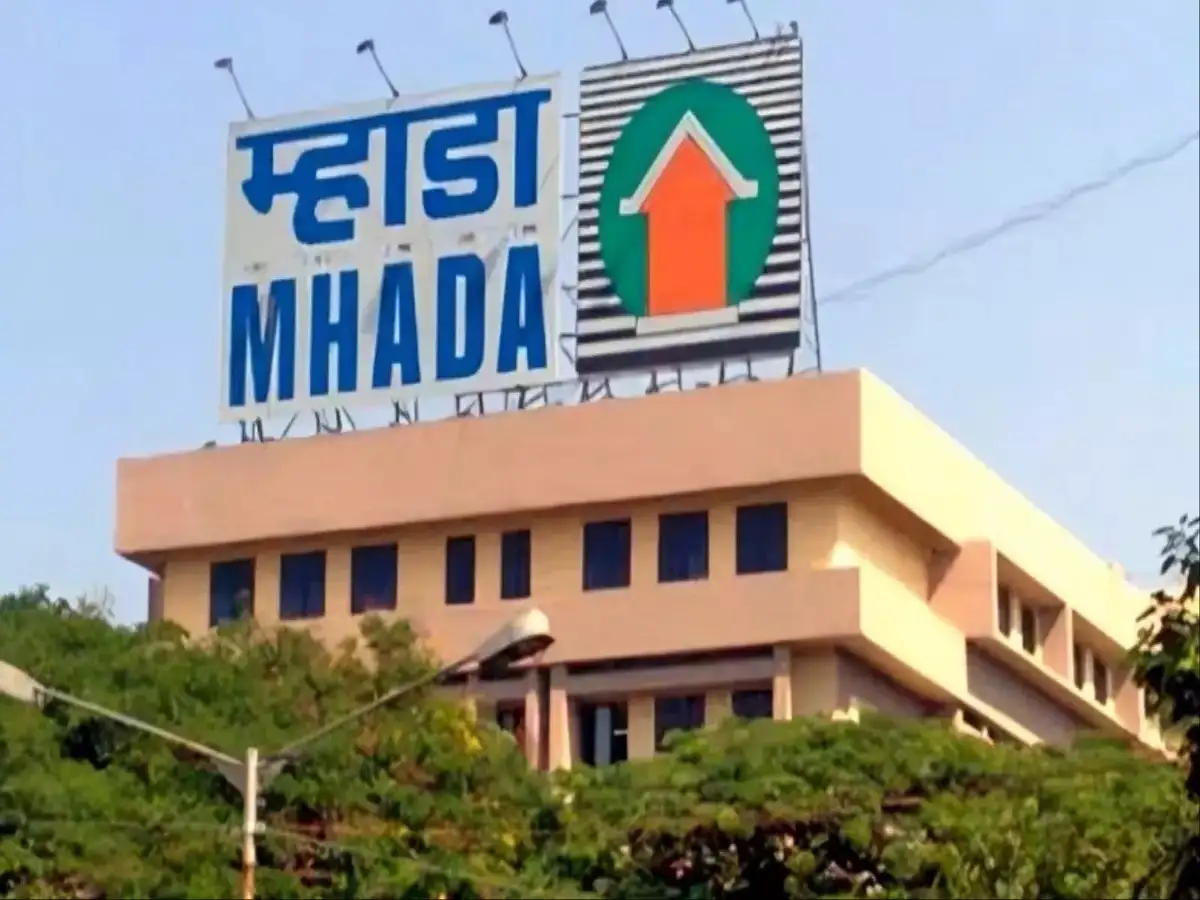After more than a decade of bureaucratic inertia and resident anxiety, the redevelopment of 17 dangerously dilapidated PMGP buildings in Poonam Nagar, Andheri East, has finally been greenlit. This urban renewal initiative, spearheaded by the state’s urban development authorities, promises to transform the lives of 982 families who have endured precarious living conditions since the buildings were declared unsafe in 2012.
The project, now in motion following a high-level meeting at Vidhan Bhavan, marks a significant leap towards safer, sustainable, and equitable housing in one of Mumbai’s most densely populated suburbs. The decision to proceed with the PMGP buildings redevelopment was taken after sustained pressure from local representatives and persistent advocacy by resident groups. During the meeting, officials confirmed that each eligible household will be allotted a 448 sq. ft. flat through the Maharashtra Housing and Area Development Authority (MHADA). To ease the transition, residents will receive a monthly rent allowance of ₹20,000 from the day demolition begins, with MHADA committing to deposit two years’ rent upfront. Provisions are also in place to extend this support to a third year if necessary, ensuring minimal disruption to daily life.
What sets this project apart is not just the scale—nearly a thousand families directly impacted—but also the emphasis on transparency and resident welfare. Special camps will be organised to assist legal heirs in staking their claims, addressing a longstanding grievance in Mumbai’s redevelopment saga. Local representatives have further advocated for larger flats and higher construction standards, reflecting a growing public demand for quality urban infrastructure that is both durable and environmentally responsible. The involvement of multiple civic agencies—MHADA, the Brihanmumbai Municipal Corporation, Slum Rehabilitation Authority, and the Mumbai Metropolitan Region Development Authority—underscores the complexity and ambition of the PMGP buildings redevelopment. Senior officials from these bodies attended the crucial meeting, signalling a coordinated push to overcome past delays. MHADA has already initiated the tender process, and construction is expected to commence as soon as contractors are appointed.
From a policy perspective, this project could serve as a template for future urban renewal in Mumbai, a city grappling with ageing housing stock and the urgent need for climate-resilient infrastructure. The insistence on high-quality, sustainable construction aligns with broader goals of creating zero net carbon, gender-neutral, and equitable cities. Experts suggest that such initiatives, if executed well, can reduce the carbon footprint of urban redevelopment while improving living standards for lower-income groups. However, challenges remain. The discrepancy between the promised 448 sq. ft. flats and the demand for larger units highlights the tension between feasibility and aspiration in Mumbai’s affordable housing sector. There is also the question of whether the redeveloped buildings will incorporate green building practices, rainwater harvesting, and energy-efficient design—elements increasingly seen as non-negotiable in modern urban projects.
For now, the residents of Andheri East’s PMGP buildings can finally look forward to a safer, more dignified future. The project’s success will depend on timely execution, rigorous oversight, and a genuine commitment to sustainable urbanism. If these elements converge, Mumbai could witness a rare example of redevelopment that prioritises both people and the planet—a model worth emulating in India’s relentless march toward urbanisation.
Also Read : Mumbai: Heavy rain and a high tide are expected, causing potential flooding and train delays.


